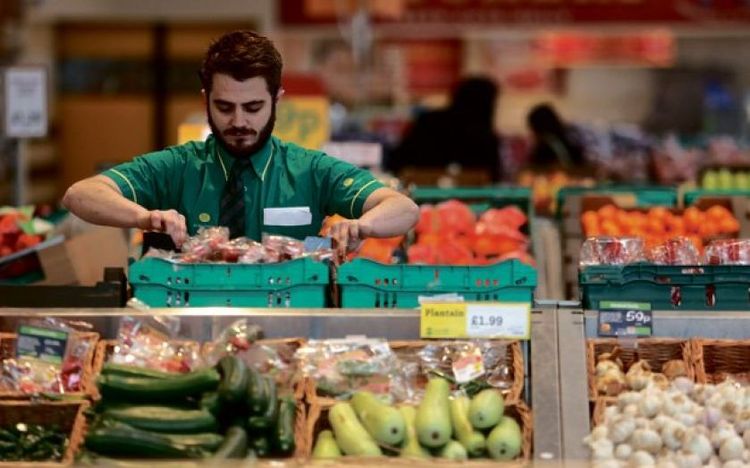Food inflation cools but Russia’s exit from grain deal poses threat to prices

On the morning of Tuesday, August 29, 2023 at 6 o'clock am,
The most recent data reveals that the increase in food prices slowed down in August, indicating that the burden of living expenses in the UK is gradually becoming less intense.

The most recent data from the British Retail Consortium (BRC) shows a decrease in food inflation from 14.3 percent in July to 11.6 percent in August.
Nonetheless, according to Helen Dickinson, the head of the BRC, although the decrease in inflation is positive for shoppers, the fight against increasing food prices is ongoing.
She cautioned that the withdrawal of Russia from the Black Sea Grain Initiative and its focus on Ukrainian grain facilities, along with disappointing harvests in Europe and other regions, may hinder efforts to reduce inflation.
In the month of July, Russia withdrew from an agreement led by the United Nations that allowed for the secure transportation of crops from Ukraine via the Black Sea for the previous 12 months.
Russia and Ukraine are both major players in the global grain export market, and Russia's continued aggression against Ukraine has significantly contributed to the surge in food prices experienced by consumers in the United Kingdom.

Dickinson also mentioned that the surge in shop prices, which decreased to 6.9 percent in August, compared to 8.4 percent in July, would have been even lower if the government hadn't raised alcohol taxes earlier this month.
During the beginning of the month, the government implemented a new system of taxing alcohol based on its strength. This change in duty rates has resulted in higher prices for approximately 90 percent of wines available for sale in the United Kingdom.
Typically, the amount of tax imposed on alcoholic beverages is adjusted annually to account for inflation. However, in the past ten years, this tax has either been reduced or kept at the same level in every budget.
"In the Non-food sectors, the prices of toiletries and cosmetics experienced a decrease in growth due to the reduction in cost of various essential elements. In contrast, the inflation for clothing and footwear rose as retailers gradually ended their extensive summer sales," stated Dickinson.
At the beginning of this month, it was verified that the United Kingdom's yearly inflation rate significantly dropped to 6.8 percent in July, compared to 7.9 percent in June, primarily influenced by a decline in energy costs.
However, the underlying inflation, which excludes unpredictable food and energy prices, stayed unchanged from June at 6.9 per cent.









































